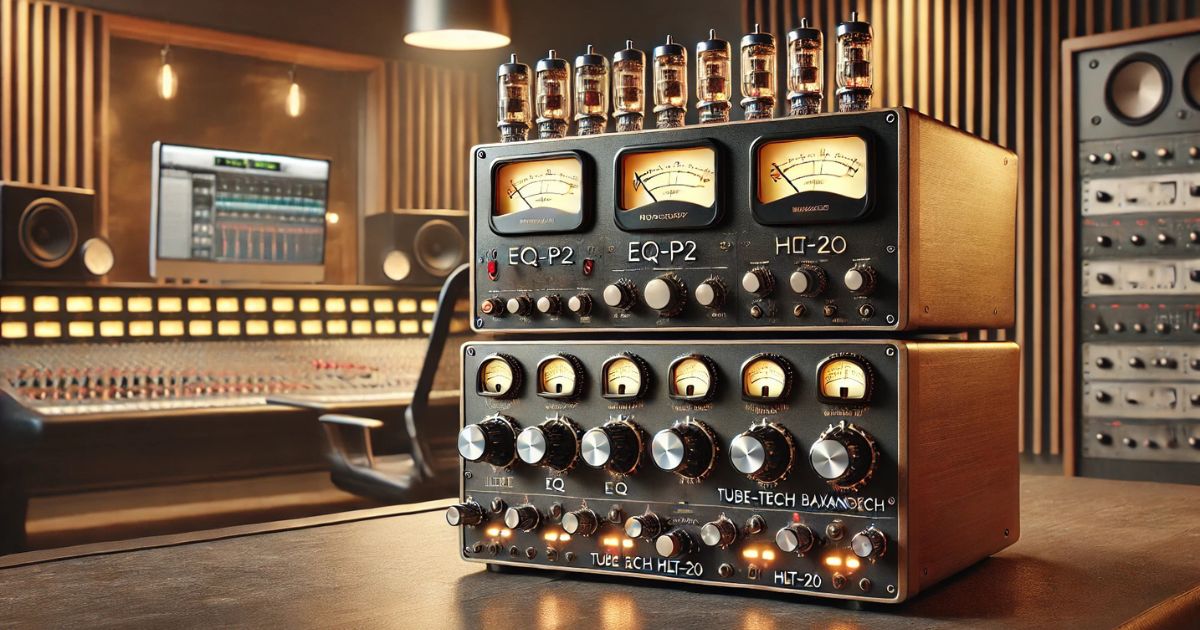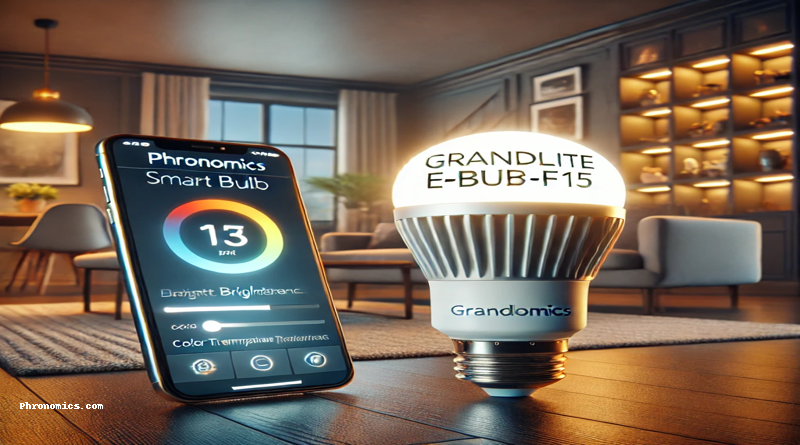Mastering audio requires precision and the right tools. In this guide, we compare Mercury EQ-P2 Versus Tube-Tech HLT-20, focusing on their features, differences, and applications. By the end, you’ll know which one suits your needs better.
Understanding the Mercury EQ-P2
Design and Build
First, the Mercury EQ-P2, inspired by the legendary Pultec EQP-1A, offers a vintage design with high-quality components. Therefore, it appeals to those who value classic aesthetics and durability.
Sound Characteristics
Moreover, the EQ-P2 is known for its warm, smooth tones, thanks to its passive circuitry. This design allows for rich frequency shaping, which is ideal for enhancing mixes with analog character.
Best Use Cases in Mastering
As a result, the EQ-P2 is perfect for mastering projects that require vintage warmth. Specifically, it excels at adding depth and analog richness to vocals and bass.
Exploring the Tube-Tech HLT-20
Design and Features
On the other hand, the Tube-Tech HLT-20 features a modern tube-based design. Its tilt EQ and Baxandall filters ensure flexibility, making it highly versatile for tonal adjustments.
Sound Signature
In contrast to the EQ-P2, the HLT-20 delivers a clean, transparent sound. Even so, it retains subtle tube warmth, which is especially useful for balanced mastering tasks.
Mastering with the HLT-20
Consequently, the HLT-20 is favored by mastering engineers who prioritize precision. Its ability to offer subtle yet effective tone shaping makes it a reliable choice.
Key Differences
Tone and Character
While the EQ-P2 provides analog warmth, the HLT-20 emphasizes modern transparency. Hence, both cater to different sonic preferences.
Functionality in Mastering
Additionally, the EQ-P2 focuses on musical tones, whereas the HLT-20 excels in precise tonal adjustments for mastering.
Conclusion
In summary, Compare Mercury EQ-P2 Versus Tube-Tech HLT-20: the Mercury EQ-P2 is ideal for those seeking vintage warmth, while the Tube-Tech HLT-20 offers clean and precise tonal control. Ultimately, your choice will depend on your mastering style and the sonic qualities you desire.










